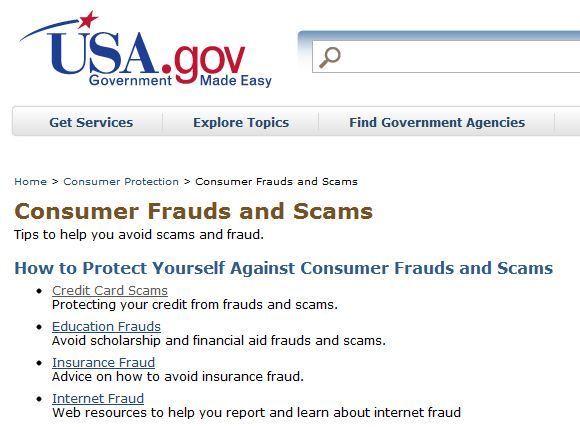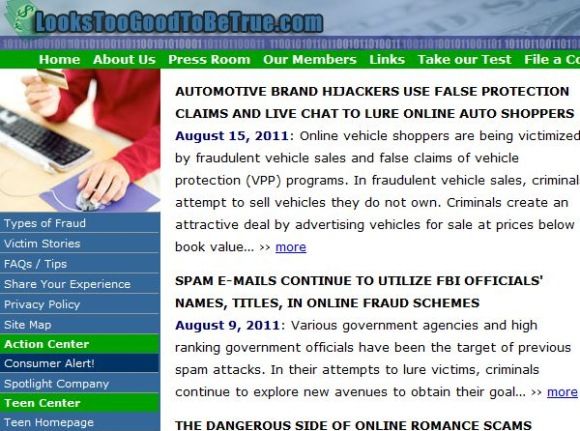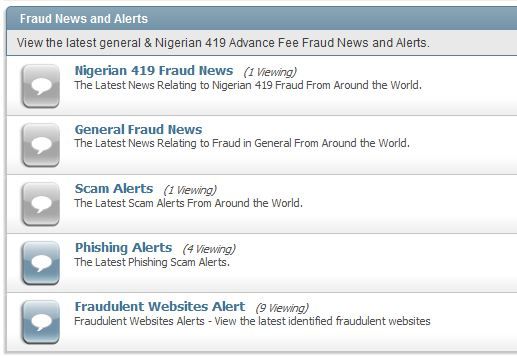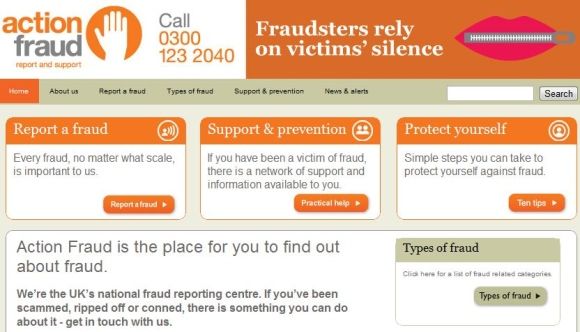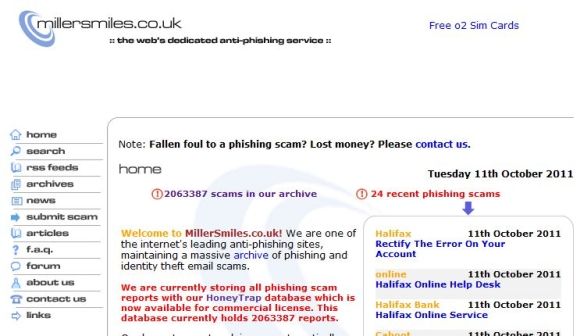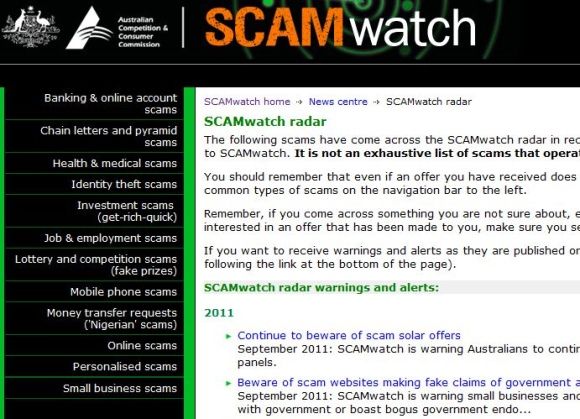Online fraud, scams and phishing emails are bound to instill a sense of dread in all of us, so when it comes to protecting yourself online it’s important not to simply rely on software to keep everything in check.
As a general rule of thumb: if it looks too good to be true, it probably is - and this advice is well worth remembering.For extra peace of mind you can also do your own research and investigate the current threats yourself.
The more prepared you are, the easier you’ll be able to spot a scam and steer clear - so without further ado here are some resources to keep you, your friends and family wise to online fraud.
USA.gov - Consumer Frauds and Scams [No Longer Available]
Probably the best governmental resource for US citizens concerned about fraud, this section of the country’s main online political portal contains a bounty of information about scams in the wild. There is plenty of in-depth, easy-to-understand information on a huge variety of schemes designed to trick and steal.
News is provided courtesy of other sources at the foot the page, and while more regular updates would be nice, the service is a fantastic resource for anyone concerned that they have been hit with fraud. Detailed descriptions of known scams will also help you identify potential dishonesty.
LooksToGoodToBeTrue.com
The aptly named LooksToGoodToBeTrue.com tracks known scams and reports the findings in their Action Centre. The website comes recommended by several government portals (including USA.gov above) and contains more advice for those concerned about fraud.
On a very human level is the Victim Stories section which invites victims of fraud to share their experiences in the hope of raising awareness. The website also has a File A Complaint section which provides the links to several US government department including the FBI-run Internet Crime Complaint Centre.
419 Legal
Named after the 419 scams that once ran rampant online, 419 Legal is in fact a message board where the active community reports on scams, phishing and general fraudulent schemes. Due to the fact that it’s a community and not a news agency or government body, reports are a lot more frequent than on comparable sites.
As well as the Scam Alerts forum where users submit their own reports, there is a General News section, 419 News and archives of past scam email templates to help identify potential scam emails. 419 Legal is a fantastic site with a supportive community and years of archived scam identification techniques.
ActionFraud
ActionFraud is the UK’s national fraud reporting centre, and contains plenty of information that resonates not just in the UK but all over the world. If it’s alerts you’re after then the News & Alerts section contains a run-down of the latest known threats.
As well as news, the rest of the site serves as a useful portal for anyone who has been hit by or is concerned about the dangers of online scams. As well as being able to report the fraud, victims can find out information about what to do next, who to contact and future prevention.
MillerSmiles.co.uk
Despite being a UK-based site, MillerSmiles is a definitive resource for phishing and email scams wherever you are in the world. As well as the latest reports of known scams the website conducts a weekly analysis of all reports submitted.
It is possible to subscribe to alerts via RSS, submit your own scams and search the database of past incidents. The website also organizes threats by company, so if you have received a dodgy looking email from your bank, PayPal or email provider it’s easy to check it against the list.
ScamWatch.gov.au
The final resource on this list comes all the way from Australasia and is a joint effort between the governments of Australia and New Zealand. The ScamWatch Radar keeps track of known threats down-under and it is even possible to subscribe via email for alerts in your inbox.
The rest of the site is packed with helpful advice regarding every kind of scam you can think of, and there is an area to report local scams.
Conclusion
Even if the sites on this list aren’t specific to your locale they can still help identify known scams, phishing attempts and other fraudulent correspondence. If you do receive a suspicious email requesting personal or financial information then alarm bells should always ring. Your bank won’t ask for that information in an email, and if they do then you should always contact a local branch first. Bargains at unbelievable prices usually aren’t bargains and if you use online dating sites then never hand over money to someone you hardly know, no matter how nice they seem to be.
Good luck out there, it’s a big bad Internet!
Have you been scammed, defrauded or had information stolen? Do you know any other good websites that cover the latest frauds and scams? Share your links and experiences in the comments section!
Image Credit: Shutterstock


